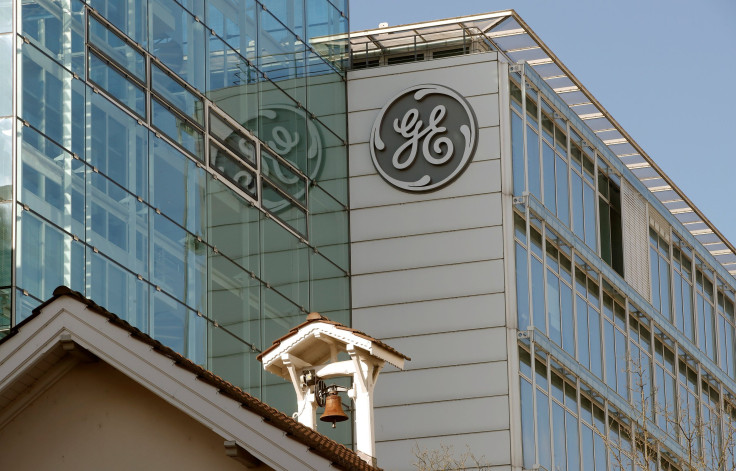General Electric Tees Up Another Asset Sale

Investors have been losing patience with General Electric's (NYSE:GE) turnaround progress recently. Last week, the stock hit a new multiyear low following the news that GE stock will be removed from the widely followed Dow stock market index. There have also been rampant rumors about GE potentially eliminating its dividend or breaking up the company.
This article originally appeared in the Motley Fool.
However, in one respect at least, GE's turnaround plan is on track. General Electric continues to fetch good prices for pieces of its industrial empire that it wants to sell. Over time, asset sales will make GE easier to manage, while helping the company shore up its balance sheet.
GE reaches a deal for another unit
For the past few months, General Electric has been talking to potential acquirers -- both private equity firms and other companies -- about its distributed power operations. This business (part of the struggling GE Power segment) makes gas turbines that generate power on site, mainly for large factories, and includes the GE Jenbacher and Waukesha brands.
On Monday, GE announced that private equity firm Advent International had won the bidding for its distributed power business. The deal was first reported on Sunday night by The Wall Street Journal.
Advent will pay $3.25 billion for this unit, which had $1.3 billion of revenue last year. The sale is scheduled to close in the fourth quarter of 2018.
The distributed power business is set to produce earnings before interest, taxes, depreciation, and amortization (EBITDA) of roughly 250 million euros ($292 million) this year, according to Reuters. If that estimate is accurate, then the sale price of $3.25 billion reflects a healthy valuation of more than 11 times EBITDA.
One deal among many
The pending deal for GE's distributed power business is just one of several $1 billion-plus divestitures that the company has agreed to over the past year. Last September, GE struck a deal to sell its industrial solutions unit to ABB for $2.6 billion. At the time, the companies said the sale would close in the first half of 2018. Earlier this month, EU regulators approved the deal, so it is likely to be completed any day now.
In April, GE agreed to sell its healthcare IT business to private equity firm Veritas Capital for $1.05 billion. That deal is expected to close next quarter.
And last month, GE signed a complex deal to sell its transportation business -- which specializes in building freight locomotives -- to Westinghouse Air Brake Technologies(NYSE:WAB), better known as Wabtec.
General Electric will receive cash proceeds of $2.9 billion when this sale closes in early 2019, plus a 9.9% stake in Wabtec that would be worth $1.9 billion at current market prices. (GE shareholders will also receive about $7.7 billion of Wabtec stock.) GE is required to sell its Wabtec shares within three years, and it may opt to cash out even faster.
Cash proceeds are starting to add up
The four signed asset-sale agreements discussed here will generate cash proceeds of $9.8 billion over the next 12 months. To be fair, some of these asset sales will likely lead to taxable gains, so part of the proceeds will need to be set aside for Uncle Sam. Additionally, GE will spend a little over $3 billion later this year to buy out Alstom's interests in three joint ventures that the two companies set up several years ago.
Nevertheless, even without any further asset sales -- and excluding the potential sale of GE's $1.9 billion of Wabtec stock -- General Electric should have at least $5 billion of net proceeds to use for debt reduction. Other planned divestitures such as the iconic GE Lighting business will likely add to the company's cash proceeds later this year and in 2019.
Thus, investors don't seem to be giving General Electric's management enough credit. CEO John Flannery said last year that he would simplify the company and use the proceeds of its asset sales to pay down debt. He is following through on that commitment. There's no quick fix to GE's current problems, but the company is making the right moves to get healthier in the long run.
Adam Levine-Weinberg owns shares of General Electric. The Motley Fool owns shares of and recommends Westinghouse Air Brake Technologies. The Motley Fool has a disclosure policy.




















